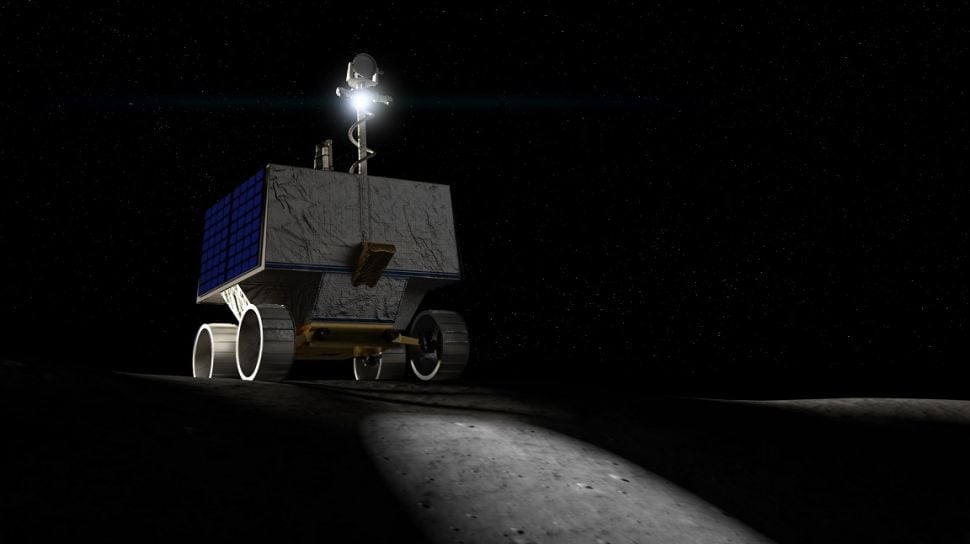After a successful start to his mandate, reflected in a level of approval never reached in four years by his predecessor, Donald Trump, Joe Biden is encountering initial obstacles. In a concise statement, the White House thus announced, Tuesday, June 8, the failure of discussions with the Republicans of the Senate. Their objective was to reach agreement on an ambitious infrastructure renovation program presented at the end of March. A group of moderate elected officials from both camps will now try to achieve this.
This failure had become inevitable. A real gulf separates the Democratic president from his Republican opposition on the scale of this program and its funding. Joe Biden wants to devote over eight years more than 2,200 billion dollars (1,807 billion euros) to an employment plan that involves the renovation of traditional infrastructures, universal access to high-speed Internet, better support for old age and for housing and research expenses. He intends to finance these investments by increasing the corporate tax. The Republicans, for their part, oppose any increase in taxation and exclude all expenditure that does not fall under conventional infrastructure.
After more than a month of negotiations, the report of failure formulated on Tuesday by the White House, which blamed the Republicans for it, does not however tie the hands of Joe Biden. Because his plan includes fiscal measures, he can in fact resort to a provision of the Rules of the Senate which allows him to escape the ax of the qualified majority of 60 votes usually necessary to prevent any parliamentary obstruction (filibuster). The Senate is currently divided into two equal camps of 50 votes that only Vice President Kamala Harris, also president of the upper assembly, is able to decide for the benefit of the Democrats.
Democratic unity put to the test
If the group of moderate elected officials evoked Tuesday does not reach an agreement either, even limited to the provisions traditionally the most consensual, physical infrastructure, Joe Biden will however have to convince the elected most centrist Democrats, Joe Manchin, elected from the Republican stronghold of West Virginia, or Kyrsten Sinema (Arizona), not to block a program on the success of which he is counting to pass without too much damage the pitfall of the mid-term elections in November 2022. Joe Manchin thus expressed reservations about the size of the planned increase in corporate tax, which would go from 21% to 28%.
You have 56.5% of this article to read. The rest is for subscribers only.
–


